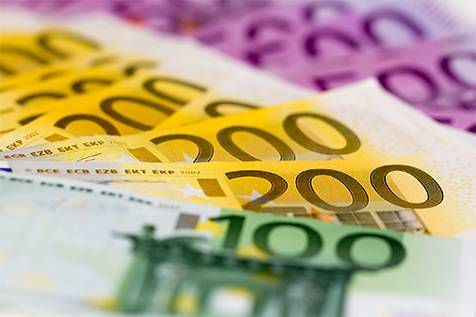Nuclear batteries are not a new invention, but they lost their place in commercial use back in the 1970s, when they were employed in pacemakers. These batteries were an ideal solution for such medical devices thanks to their long life, but were eventually discontinued due to government concerns about the spread of radioactive isotopes without proper tracking or retrieval. Today, a new generation of scientists is working to bring the nuclear battery back—this time with far broader applications. And while the science behind these batteries is advancing faster than ever, the key question remains whether these innovations will actually reach commercial markets.
Contrary to what the term may suggest, nuclear batteries do not operate like miniature nuclear reactors. Instead, they generate power by capturing radiation released from the decay of small amounts of nuclear fuel, such as plutonium or isotopes of nickel and hydrogen. This radiation can then be converted into electricity through semiconductors or thermoelectric devices. Most importantly, such batteries can last for extremely long periods before needing replacement.
At present, the world relies on lithium-ion batteries, which provide enormous benefits thanks to their flexibility, energy density, and ability to operate in varied conditions. These advantages have made them nearly ubiquitous—powering around 70% of all rechargeable devices worldwide. Yet lithium-ion technology has significant drawbacks. Lithium extraction is environmentally harmful and water-intensive, while supply chains remain heavily concentrated under Chinese control, leaving them vulnerable to market shocks and geopolitical risks. On top of that, lithium-ion batteries degrade quickly and require very frequent recharging.
By contrast, nuclear batteries rarely need replacement, meaning they could power even the most remote and inaccessible locations. Tyler Bernstein, CEO of Zeno Power—a venture-backed nuclear battery startup that recently raised $50 million in a Series B round—said: “With intensifying competition among great powers, the ocean floor, the Arctic, and the lunar surface are the front lines of global security and economic progress—yet they remain energy deserts. With this funding round, we are on track to demonstrate full-scale systems by 2026 and deliver the first commercially manufactured nuclear batteries to power frontier environments by 2027.”
For these reasons, nuclear batteries have become the focus of a new wave of research and development. Instead of lasting weeks or months, a single nuclear battery could run for decades before depleting. A commercially viable nuclear battery could upend countless industries and technologies, becoming something of a “holy grail” for battery developers.
The “nuclear battery race” is now underway in labs around the world. Japan and South Korea have developed prototypes, China recently announced major breakthroughs, and research labs in the UK and the US have also reported significant progress. Each research team has pursued different approaches—some based on thermoelectric technology, others on semiconductors—while employing a range of isotopes including depleted uranium, carbon-14, and copper-63.
Despite many promising models, the biggest challenge is commercialization. IEEE Spectrum noted: “The technology works, it has many advantages over chemical batteries, and it can be used safely. What most companies have failed to do is find a new market for these batteries and create a product with impact.”
The potential applications are vast—from powering spacecraft and deep-sea exploration to enabling a mobile phone that never needs charging. But that does not mean commercialization will be straightforward. As IEEE Spectrum concluded: “The markets these batteries will penetrate—if they reach the commercial stage—will depend heavily on cost, safety, and licensing issues.”


